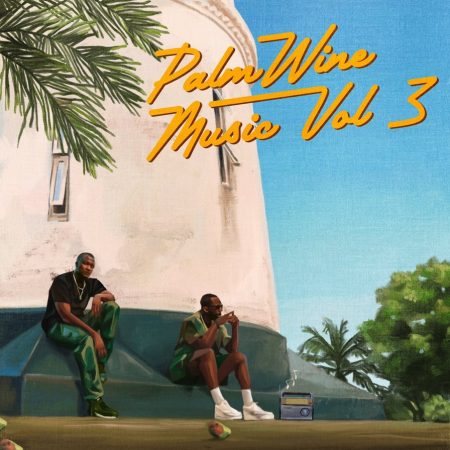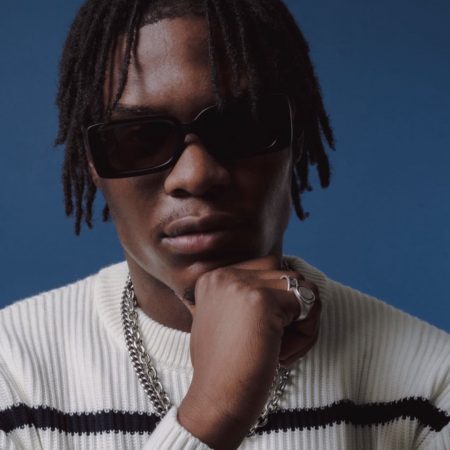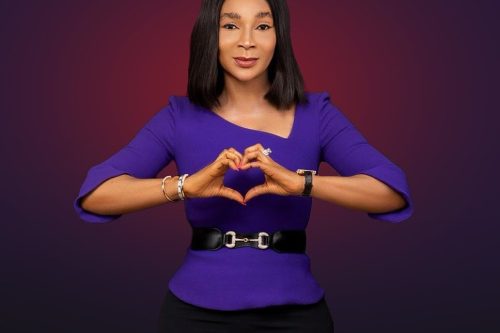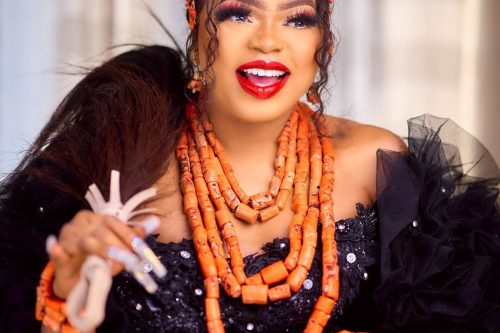With several tribes and communities, each with its own accent and traditions, Nigeria offers a rich cultural tapestry. The various cultures have existed for many years and are still very much alive now; several are even becoming more robust. Nowadays, musicians from various ethnic groups are attempting to close the cultural divide by incorporating their native tongue into mainstream music. They are breaking down barriers in the global music arena by singing in their native tongues and incorporating their native languages into their songs. They are not only gaining traction; through their music, they are also exploring deeply into our rich culture.
The unusual combination of traditional and modern sound that characterizes Nigerian music is what makes it so distinctive. Jazz and funk were mixed with traditional African sounds by musicians like Fela Kuti to produce a new, unheard-of sound. Artists nowadays are continuing to experiment with various sound types, producing music that is both new and thrilling, and then relaxing to watch their songs soar to the top.
Because it is filled with some of the finest artists in the world, our Nigerian music scene is quite significant. The Nigerian music industry isn’t easy to enter into; in fact, it might be one of the toughest industries to break into. As a result, it is a big accomplishment when an artist breaks out and spreads his sound internationally. With their sounds, musicians like Fireboy, Rema, and Asake have been able to filter through the nation’s music scene and spread their music globally.
With their distinctive style and incorporation of the native language into their music, these new musicians and even established legends in the music industry haven’t always found it simple to break into the global market. This has been overcome by Nigerian performers, and the future of Nigerian music appears promising.
Nigeria’s musical prowess is drawing attention from around the world since we are able to penetrate the market and succeed on a worldwide scale even when we sing in our native tongue. With his debut album, Mr. Money With The Vibe, Asake became one of the first afrobeats musicians to chart on Billboard, and now people all over the world are enjoying his album, which is heavily influenced by Yoruba culture. This accomplishment has made us all proud, it would have appeared to be nearly impossible to achieve years ago.
🚨 Asake’s “Mr Money with The Vibe” sits at #180(-55) on this week’s US Billboard 200.
— 𝗔𝗟𝗕𝗨𝗠 𝗧𝗔𝗟𝗞𝗦 📀 (@AlbumTalksHQ) October 4, 2022
— It has spent 3 weeks on the chart and peaked at #66. pic.twitter.com/yoZmx6CeCr
Our music is distinctive and powerful; it vividly and truthfully depicts the tale of our people. The variety of genres being represented by Nigerian artists is fascinating; The Cavemen’s choice to create songs using the highlife genre and Igbo singing is the most beautiful thing to have occurred recently in our music scene. With their music, they have revived Igbo culture and encouraged Nigerians to embrace their heritage. Highlife music is now listened to and connected with rather than being dismissed as being too “old school.” Before the Cavemen became well-known, musicians like Flavour and Phyno were already producing music with a strong Igbo touch.
Legends like Fela Kuti, who recorded songs in our local language alongside the heavy traditional sound, pioneered the usage of indigenous languages in Nigerian music during his heyday. He helped in spreading not just his music but also these languages outside of Nigeria. Fela contributed to introducing the world to Nigerian music by making music that was packed with messages about Nigerian identity and culture.
His work has contributed to the global acclaim of Nigerian music. Keeping loyal to their roots and assisting emerging artists in breaking through without veering off course, singers like Davido, Wizkid, and Burna Boy are dominating the charts in Africa and Europe. We are demonstrating that indigenous languages can be just as strong and expressive as any other language. For example, Burna Boy’s famous lyric from his song, Last Last, “I need igbo and shayo” is strong and expressive, and listeners throughout the world can grasp that igbo and shayo are Yoruba words.
‘I need igbo and shayo’ 🤣🤣🤣 pic.twitter.com/cCwo3SKya3
— Winny (@SisterHuncho) September 11, 2022
Reminisce, who extensively uses Yoruba in his rap tracks, has been able to garner audience in the international market while using his native tongue. Nigerian musicians have transcended cultural barriers and are having an international influence with their music.
Our songs celebrate Nigerian culture, and the lyrics play a significant role in upholding our tradition. These artists are assisting in showcasing Nigeria to the world as more people around the world become familiar with our culture. Through worldwide collaborations, our musicians are able to represent the nation; Davido frequently reverts to Yoruba drill and pidgin, no matter how little. Indeed, our stronghold for music has been shaped into a vibrant culture.












Leave a Reply